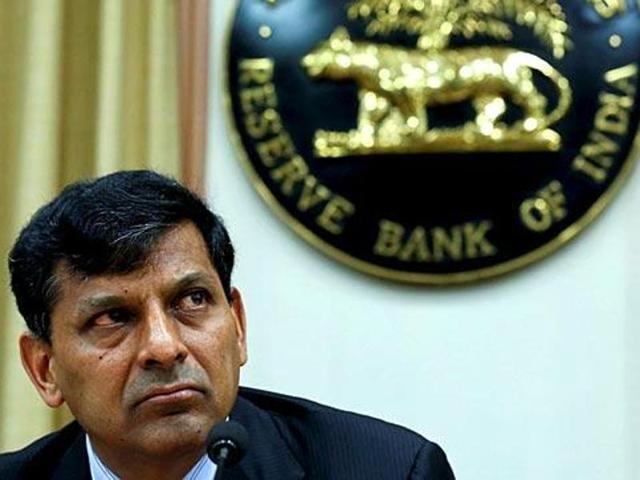When RBI guv bares teeth, it shows the manager behind the economist
All but one of the six governors that the Reserve Bank of India has had since economic reforms began in 1991 have PhDs, with a strong focus on economics. But Raghuram Rajan, the incumbent, pursued an MBA before his thesis on banking.
All but one of the six governors that the Reserve Bank of India has had since economic reforms began in 1991 have PhDs, with a strong focus on economics. But Raghuram Rajan, the incumbent, pursued an MBA before his thesis on banking.

It shows.
While the former IMF chief economist has been in the news for everything from his remarks on the decline of tolerance in India to interest rate cuts and his famously handsome visage, his 2,500-word new year message to the staff at the central bank showed how he could crack the whip on employees – a rare feat in the academically and bureaucratically drenched environs of RBI’s imposing sandstone building in Mumbai’s Ballard Estate area.
The message, which found its way into online media, turned the heat on the regulatory institution’s supervisory role, which is distinct from the oft-discussed policy-making role that move markets up or down.
The most damning of them all was an implied charge that in supervising frauds or bad loans, the central bankers were almost deliberately lax.
“No one wants to go after the rich and well-connected wrong-doer, which means they get away with even more. If we are to have strong sustainable growth, this culture of impunity should stop,” Rajan said in the message.
Coming in the backdrop of a pile of bad loans that face problems in interest payments or defaults in return, Rajan’s crackdown on the big fish is significant. While companies like Kingfisher Airlines, led by Vijay Mallya, have been in the headlines over loan problems involving the State Bank of India, the real rot runs deeper.
RBI’s report on financial stability said last month that the gross non-performing assets (GNPAs) ratio for advances to large borrowers jumped sharply, especially in the case of public sector banks, whose gross NPAs from large borrowers rose to 8.1% of loans at the end of September 2015 from 6.1% in March. The share of the 100 largest borrowers in gross NPAs of all banks increased sharply to 3.1% in September, from 0.7% in March.
The share of large borrowers in bad loans rose to 87.4% at the end of September last year from 78.2% in March. Rajan has set a deadline of March 2017 by which time he wants banks to complete assessment and make provisions for “stressed assets” – a reference to loans that have turned bad.
The engineer-turned-MBA-turned economist also sported an HR hat as he took stock of the competence levels of central bankers.
“Unfortunately, our performance evaluation system did not help us identify who needed motivation and improvement, and how they could be helped to do so,” the new year message said. “Almost everyone was deemed excellent, ranging from those who gave their heart and soul for the Bank to those who shirked all responsibility or duty.”
If that seemed like a litterateur’s fondness for sarcasm, he also showed some love for the “need to continue to improve” the language of regulation to a bankers’ tribe happy with footnotes and jargon.
The heat was not just in words as RBI’s staff got the message that their jobs and positions will not be protected as he said “we should be prepared to see some lateral entry wherever necessary – provided internal people have a fair chance to compete for the jobs”
Rajan minced no words as he put forward his wishlist for a “dynamically intelligent” organisation.
“As I sit through promotion interviews, I am worried that people are losing curiosity, the desire to learn and improve themselves,” he said.



